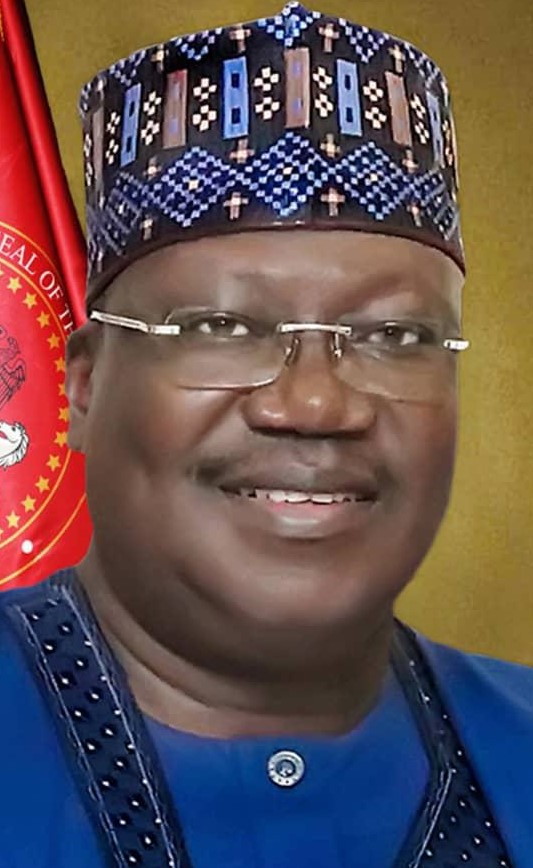• Senate to pass anti-kidnapping law
The President of the Senate, Ahmad Ibrahim Lawan, on Wednesday said the Senate will adopt a radical approach in tackling the rising spate of kidnapping and insecurity across the country.
Lawan made this known during the consideration of a motion brought to the floor by Senate Dino Melaye (PDP, Kogi West).
He said, “The issue of kidnapping, banditry and other crimes affect all of us. I agree completely that we need to do something differently.
“You recall that before we went on recess, we agreed we need to go back to the report to review the architecture of security in Nigeria, which the 8th Senate set up, in addition to a public hearing on a way to ensure that we review the security architecture and structure of our agencies today.
“The way they are designed, we are not getting the best out of them; and we can’t go on like this. We will take it up with the executive arm of government, and also our Committee on Communications and the Federal Ministry of Communications.”
The Senate President stated that the ministry has expressed its willingness to block the phone lines that have not been registered.
“The bandits and kidnappers use telephone lines to negotiate, so it means there will always be a lead to where or who they are.
“At the last count, I was told two million lines have been blocked. I think we should go far beyond that.
“And maybe we will need to be a bit radical. We need to give the security agencies some more funds but insist on accountability.”
Lawan urged the security agencies to give an account on the utilisation of funds released to them.
“It is not enough to give them money; we must see how they utilise it. We must insist on that; and if we do that, we also insist that uniform people must not join the train, because they are the ones that are supposed to protect us on highways.
“The military, the police and other paramilitary agencies should allow ordinary people to use the train. Let them ply the roads, because that would make other road users to use the roads,” Lawan said.
Accordingly, the Senate urged the security agencies to adequately secure the Lokoja-Abuja road and other roads in the country.
The upper chamber also called on the Inspector General of Police, Mohammed Adamu, to intensify efforts in protecting the lives and properties of Nigerians.
The Senate, in its prayers adopted, also resolved to introduce legislation that would curb the activities of kidnappers in the country.
Earlier, Senator Melaye, who presented the motion while coming under a point of order, was unanimously supported by lawmakers across party lines.
Presenting his motion, Melaye prayed the chamber to call on security agencies to immediately wade into what he described as the “dastardly and abnormal acts” which pose a threat to the lives of Nigerians.
Speaking on the motion, the Senate Minority Leader, Senator Eyinnaya Abaribe (PDP, Abia), bemoaned the activities of bandits along other expressways across the country.
He called on security agencies to rise to the occasion, pointing out that they have a constitutional duty to protect the lives of Nigerian citizens.
The lawmaker also condemned the activities of some security personnel who were allegedly fingered to be working in collaboration with kidnappers.
Meanwhile, a total of five bills have scaled the first reading on the floor of the Senate on Wednesday.
The five bills were presented during plenary.
The bills are: The Federal University of Education Kotangora Bill, 2019, sponsored by Senator Aliyu Sabi Abdullahi (APC, Niger North); and Federal College of Education Illo (Est.) Bill, 2019, sponsored by Senator Yahaya Abubakar Abdullahi (APC, Kebbi North).
Others are: Food Security Bill, 2019, sponsored by Theordore Orji ( PDP, Abia Central); Communication Tax Bill, 2019, sponsored by Senator Mohammed Ali Ndume (APC, Borno South) and Private Hospitals Regulation Bill, 2019, sponsored by Senator Stella Adaeze Oduah (PDP, Anambra North).
The bills were referred by the President of Senate, Ahmad Ibrahim Lawan, to the relevant committees for further legislative work.













